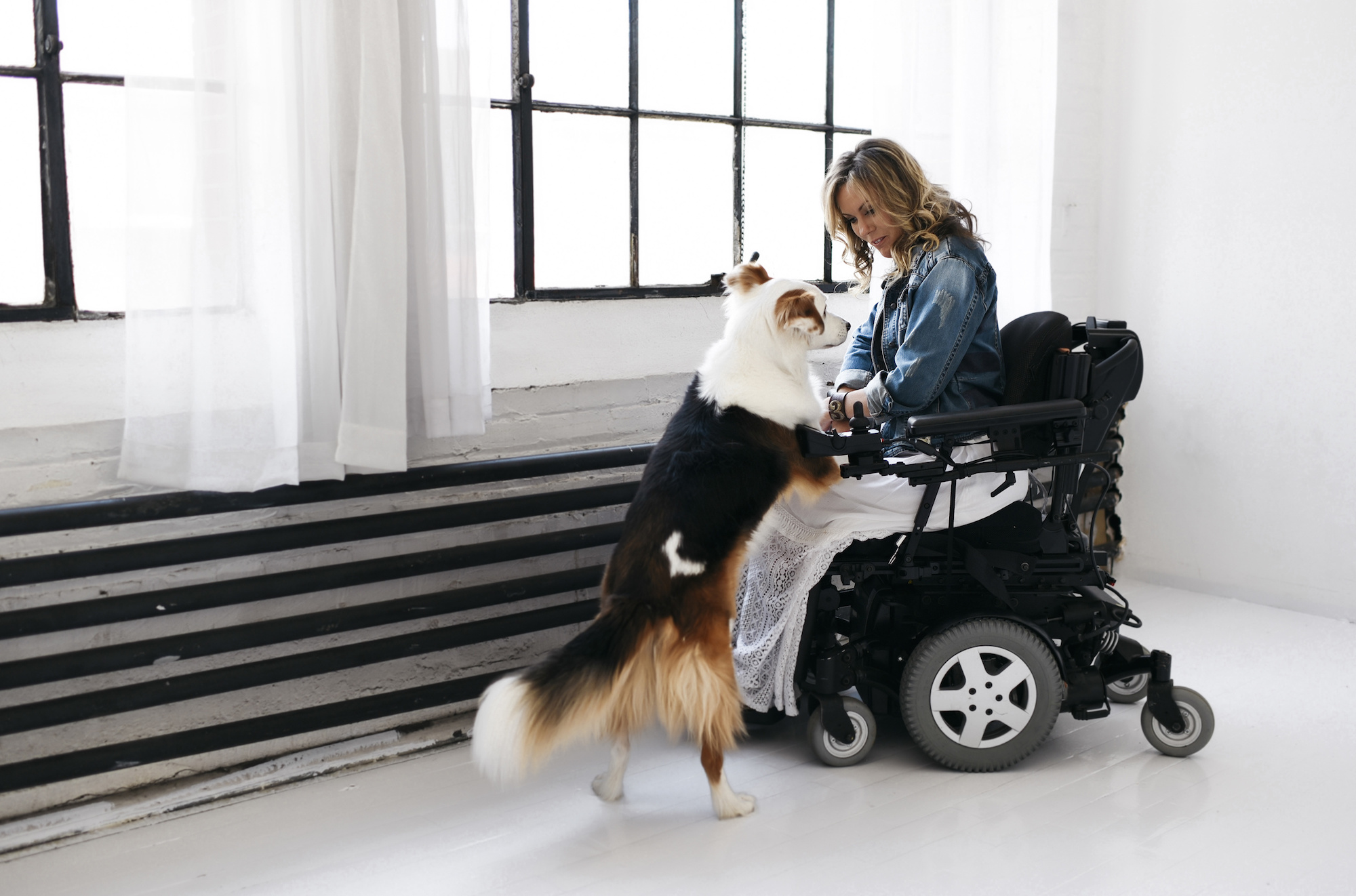The work of Abode Impact should help drive change in planning legislation: i.e. switching responsibility to Central Government for increasing the provision of accessible homes, instead of under-resourced Local Authorities, who have to apply two key tests to convert the existing optional legislation to mandatory. Greater London Authority has shown leadership by requiring 10% of new-build homes to be accessible, however London still has a difficult mix of other hurdles, not least prices.
For many with greater accessibility requirements, Covid-19 has highlighted the impracticalities and frustrations of homes previously deemed “workable”. The impacts of poor housing design, lack of enthusiasm for adaptations from landlords, inability to find the right thing and all the other myriad of pressures and obstacles can hit hard on relationships, work, and mental health. Whatever the background stresses, they usually lead to a gnawing compromise when it comes to signing for somewhere to rent and a reluctant acceptance of our housing situation.
Now we must unlearn what we have normalised: we are not “lucky” to have a home which “sort of works.” Homes can be designed and built to be fit for purpose. It’s time to seek better. For those people renting homes which are unsuitable, AccessiblePRS and Abode Impact are offering change.
It’s also important to acknowledge
the link between housing and work, for people living with disabilities. Many corporates talk about equality, but focus solely on gender and race, as though these are the only areas for diversity. Organisations such as
The Valuable 500,
Business Disability Forum, and
Purple Space are doing crucial work, highlighting issues around disability inclusion, the opportunities and quantifiable benefits, and how to have the conversations in order to start implementing successful solutions. However, if people cannot find suitable housing, the dialogue remains academic. They won’t be able to accept the role - as frantic last minute enquiries from Diversity and Inclusion officers have shown.

